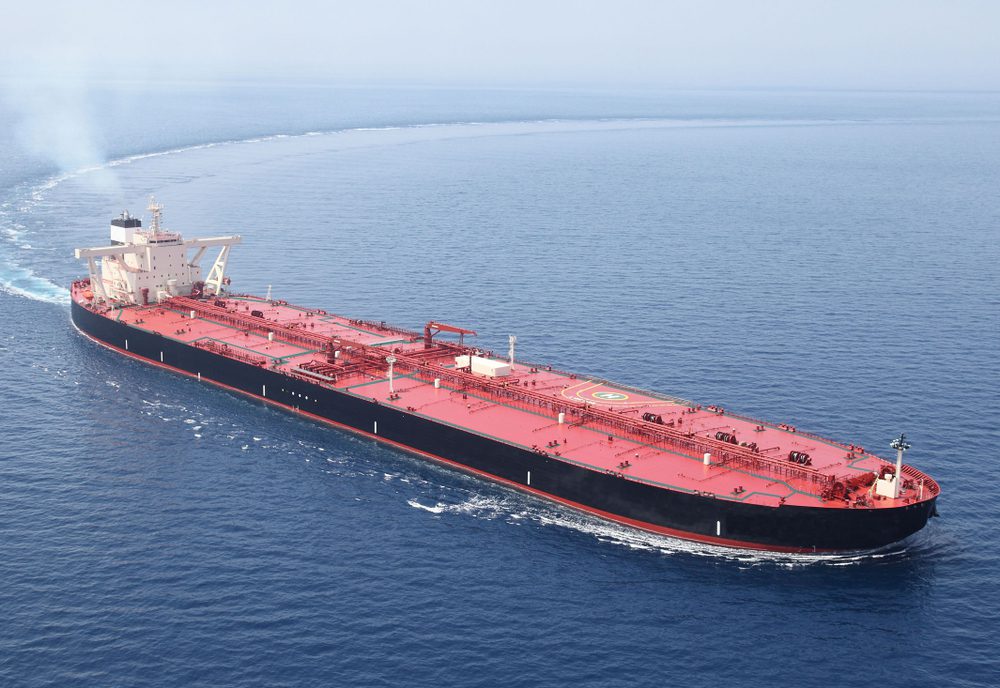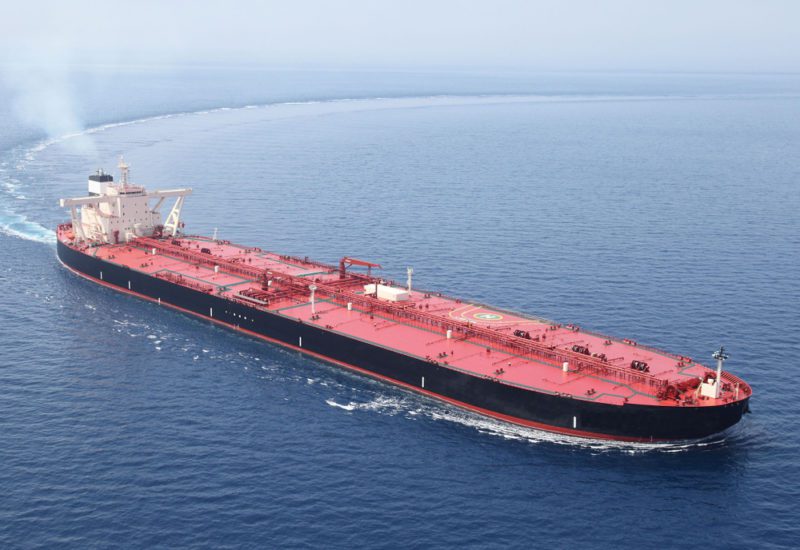UK Strikes at Heart of Russia’s Arctic Energy Empire
New maritime services ban threatens to sever lifeline for Yamal LNG exports By Paul Morgan (gCaptain) – In the frozen waters above the Arctic Circle, a fleet of specialised ships...


By Humeyra Pamuk and Daphne Psaledakis WASHINGTON, Feb 18 (Reuters) – The United States on Tuesday ramped up pressure on Venezuela by blacklisting a subsidiary of Russian state oil major Rosneft that President Donald Trump’s administration said provides a financial lifeline to President Nicolas Maduro’s government.
The U.S. Treasury Department imposed sanctions on Rosneft Trading SA, the Geneva-based trading unit of Rosneft, as Washington targeted Moscow over its backing of Maduro’s government.
The move further complicates already-fraught U.S.-Russian relations. Russia condemned the sanctions, saying they amounted to unfair competition and would not deter Moscow from continuing to work with Venezuela. Russia’s Foreign Ministry said the move would further damage relations with Washington and undermine global free trade.
Venezuelan Foreign Minister Jorge Arreaza called the U.S. action “unilateral” and “coercive” and said Washington continued “attacking the Venezuelan people, trying to generate suffering and hardship.”
U.S. officials accused the Rosneft subsidiary of propping up the Venezuelan oil sector and engaging in “tricks” and ship-to-ship transfers to actively evade American sanctions.
“I think this is a very significant step, and I think you will see companies all over the world in the oil sector now move away from dealing with Rosneft Trading,” Elliott Abrams, the U.S. special representative for Venezuela, told reporters.
Treasury Secretary Steven Mnuchin added in a statement, “The United States is determined to prevent the looting of Venezuela’s oil assets by the corrupt Maduro regime.”
Abrams said Rosneft Trading now handles about 70 percent of Venezuelan oil. U.S. officials have warned companies worldwide about dealings with Rosneft Trading.
Rosneft called the sanctions an “outrage” and said that U.S. authorities, in conversations with the company, had repeatedly recognized that it was not breaching any restrictions. Rosneft said the U.S. Treasury Department has not presented any evidence of violations.
The United States in January 2019 recognized Venezuelan opposition leader Juan Guaido as the OPEC nation’s legitimate interim president in the aftermath of Maduro’s 2018 re-election that was widely described as fraudulent. Washington has ratcheted up sanctions and diplomatic pressure on Maduro’s government.
Maduro remains in power, backed by Venezuela’s military as well as Russia, China and Cuba. Maduro has overseen an economic collapse and the socialist president has been accused of corruption and human rights violations. His clinging to power has been a source of frustration for Trump, U.S. officials have said privately.
Along with the sanctions, the United States also issued a general license allowing companies 90 days to wind down their transactions with Rosneft Trading. Tuesday’s sanctions freeze any U.S.-held assets of Rosneft Trading and the subsidiary’s chairman of the board and president, Didier Casimiro, who also serves as a vice president of the parent company.
Rosneft shares fell 2.7 percent, underperforming oil prices and the broader Russian index. The sanctions announcement came soon before the close of the Russian market.
It was unclear whether Tuesday’s move will reduce export revenue flowing to Maduro’s government, which continues to enjoy Moscow’s backing in a stand-off reminiscent of the Cold War. Russia and China have called U.S. sanctions against Venezuela illegal.
‘DEEP DIFFERENCES’
The decision to impose the sanctions was cleared by Trump, a senior administration official said. Secretary of State Mike Pompeo on Saturday discussed the blacklisting with his Russian counterpart Sergei Lavrov on the sidelines of the Munich security conference in Germany, the official said.
“Obviously we have deep differences over what is happening in Venezuela and what is the way out for Venezuela,” Abrams said, when asked about Pompeo’s discussion with Lavrov.
Moscow has acted as a lender of last resort for Venezuela, with the government and Rosneft providing at least $17 billion in loans and credit lines since 2006, and has also provided diplomatic support.
Rosneft is the world’s largest listed oil company by output.
Through units including Rosneft Trading and TNK Trading it took more than a third of Venezuela’s oil exports last year, according to PDVSA’s documents and Refinitiv Eikon vessel tracking data, for reselling to final customers, mainly in Asia. That way it became the largest intermediary of Venezuelan oil amid U.S. sanctions.
TNK Trading has not been blacklisted by the Treasury Department.
U.S. officials have been mindful of the need for caution in targeting a company as large and far-reaching as Rosneft because of the risk of causing unintended damage to American and allies’ interests.
A senior Trump administration official told reporters that Tuesday’s decision should not roil markets.
“The global markets – oil markets – are adequately supplied, and so we think while this is a serious action, global markets will remain stable,” said the official, who spoke on condition of anonymity.
The United States will have conversations with China and India, the leading buyers of Venezuelan oil, and with Spanish officials over Spanish company Repsol’s activities regarding Venezuela, Abrams said. Repsol declined comment.
U.S.-based Chevron has also come under criticism by Trump administration officials for its activities in producing oil with joint ventures in Venezuela. The U.S. government in January renewed a license for Chevron to operate in Venezuela until April 22. Chevron has said its activities are legal under the license.
Abrams declined to comment on Chevron.
(Reporting by Daphne Psaledakis and Humeyra Pamuk; Additional reporting by Susan Heavey, Dmitry Zhdannikov, Brian Ellsworth, Marianna Parraga, Timothy Gardner, Luc Cohen and Miguel Angel Gutierrez; Editing by Mary Milliken and Will Dunham)
(c) Copyright Thomson Reuters 2019.
Sign up for gCaptain’s newsletter and never miss an update

Subscribe to gCaptain Daily and stay informed with the latest global maritime and offshore news
Essential news coupled with the finest maritime content sourced from across the globe.
Sign Up